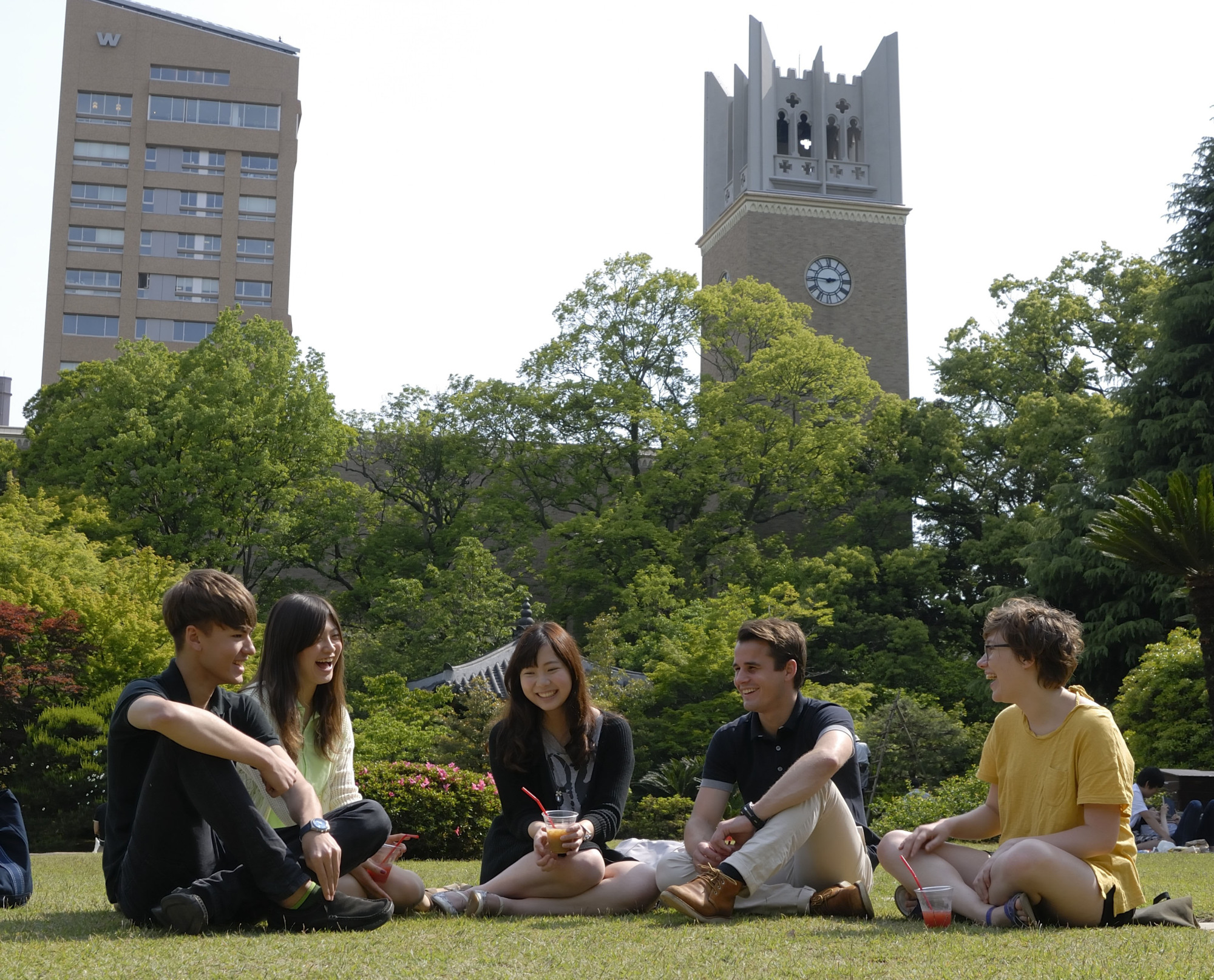Japan often calls itself a shimaguni, or an island country. This is not only due to its physical landscape but it also incorporates the notion of the nation being culturally and ethnically homogeneous. Moreover, Japaneseness, including the ability to read between the lines, is an attribute innate to Japanese people. These may be some of the reasons why Japan has developed in such a unique way over the years.
Yet, in the ever-intertwining world we live in, Japanese higher education institutions may need to reconsider changing some of their ways, such as their requirement of having a certain level of Japanese language proficiency and rigid admissions process, in order to become more welcoming of international students and globally competitive. To further enhance our attractiveness on the world stage, Waseda University has been implementing bold reforms for internationalization.
The School of International Liberal Studies became the first at Waseda University to offer an undergraduate program to be completed entirely in English in 2004. Such English-based degree programs have now expanded to seven undergraduate and 14 graduate schools, including the Global Studies in Japanese Cultures Program (JCulP) at the School of Culture, Media, and Society and the Transnational and Interdisciplinary Studies in Social Innovation Program (TAISI Program) at the School of Social Sciences. Aligning with overseas higher education institutions, the September admissions of these programs have allowed the university to open its doors to exceptional and highly motivated students from all corners of the world. As a result, the number of international students, who come from 120 countries and regions, has exceeded a total of 7,000 in the 2017 academic year.



